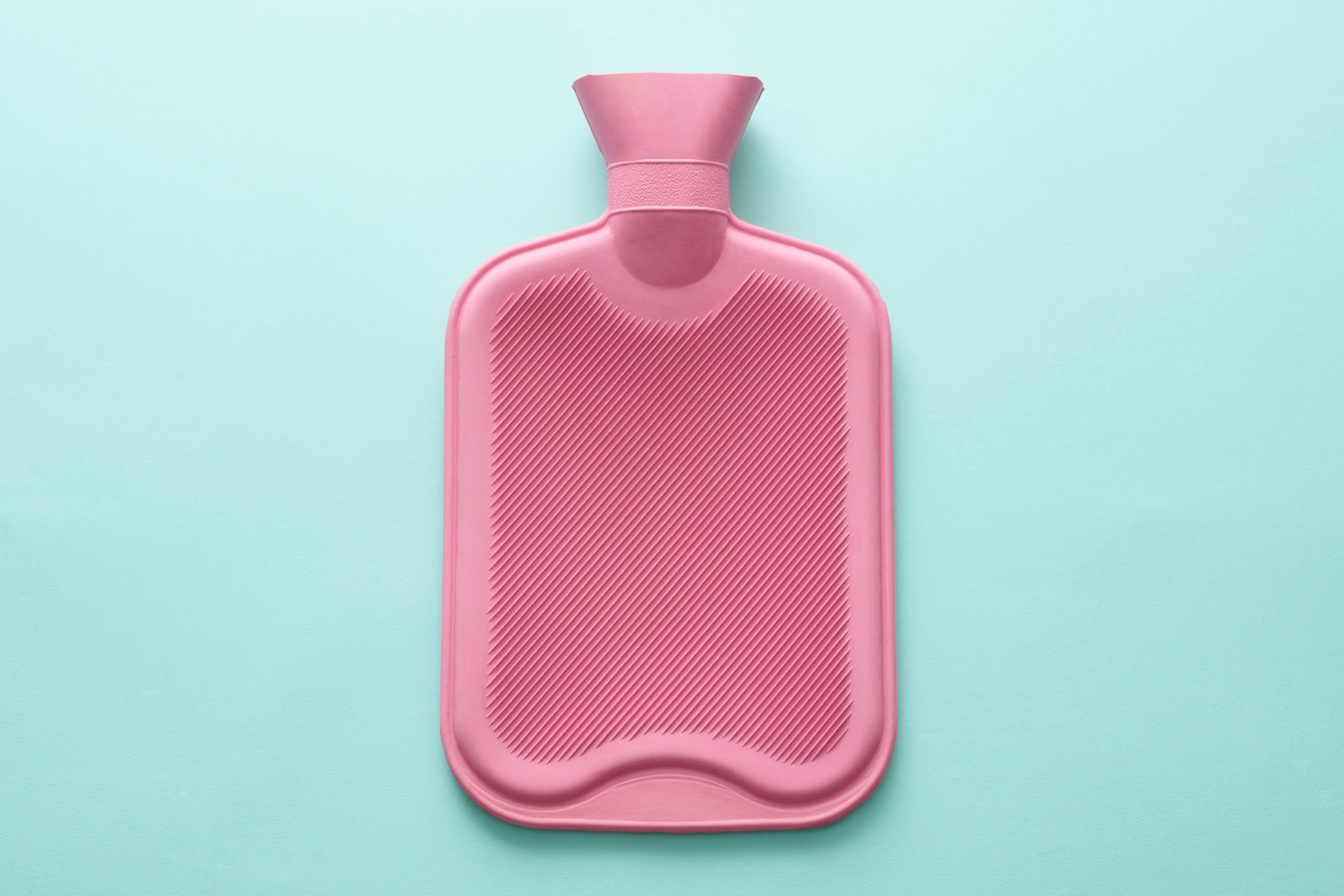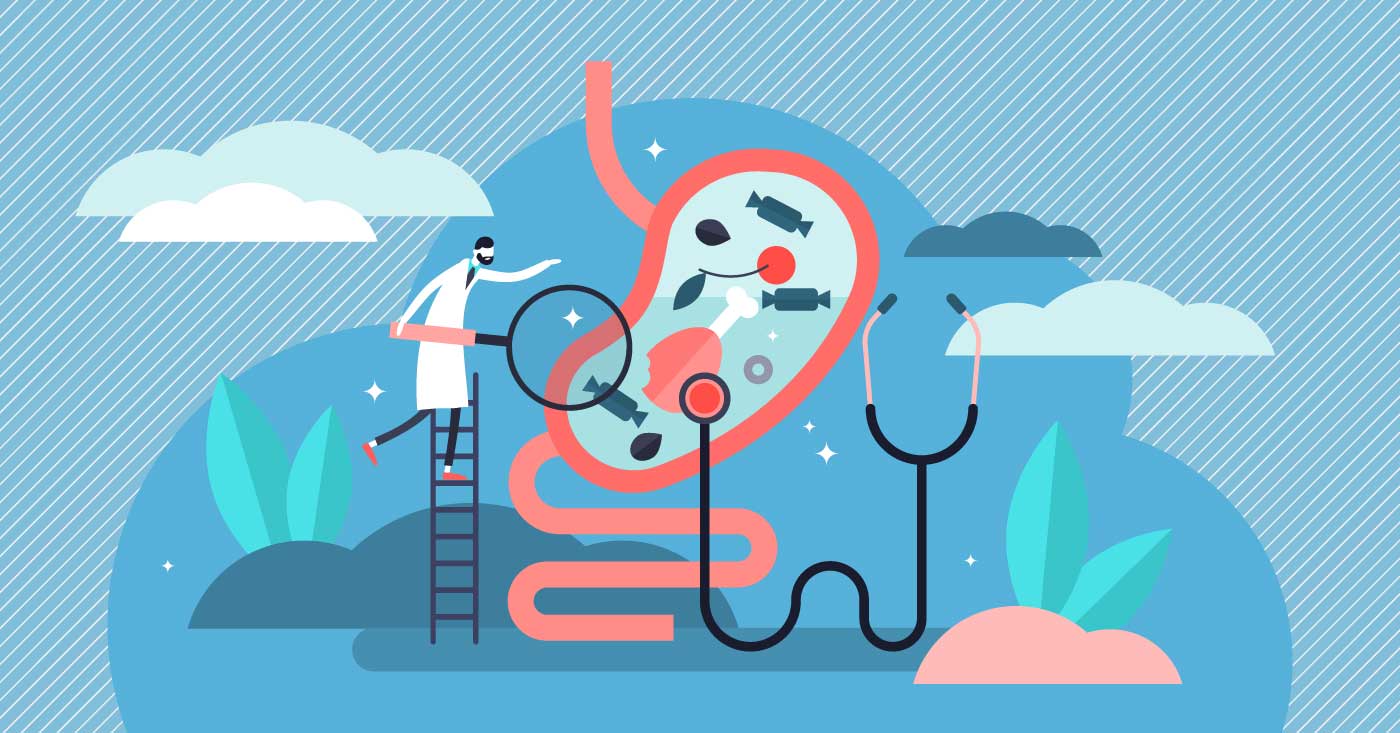Everything you need to know about your libido
Dec. 17, 2019 jess simms
A wise man once said the libido is the 'energy' of life itself. Okay, maybe not that wise. Sigmund Freud and his psychoanalysis theories have had an astounding effect on the way we talk about sexual desire and the psychology of sexuality. But does the libido exist? What the hell is it? And, how do I know if it’s working? We’re here to make it all crystal clear.
What is the libido?
Good old Freud, the grandfather of psychology is considered to be the originator of the term ‘libido’. The libido, he claimed, was a driving force for life mainly focusing on pleasure. The Id which one part of a person’s subconscious is dictated by the pleasure principle. It always seeks the most amount of pleasure possible for the individual, without the mind consciously knowing.
Nowadays, we use the word libido to describe our sex drive. 'Sex drive' describes how much we feel the urge to have sex and our desire for sexual intimacy. ‘Sexual appetite’ is not only affected by our biology, but also psychological and social factors.
What controls our sex drive?
The libido is controlled by the Mesolimbic pathway (I know how clever are we!). This pathway in the brain facilitates reinforcement, reward-based function learning and also how to perceive pleasure. This pathway also controls the distribution of dopamine across the brain. Dopamine is often called in popular science the ‘happy’ hormone. This neurotransmitter regulates your sex drive alongside other hormones such as:
-
Testosterone
-
Estrogen
-
Progesterone
-
Oxytocin
-
Serotonin
The Female Sex Drive
Ever noticed you’re hornier during certain phases of your menstrual cycle? Find you enjoy sex more while you’re ovulating or whilst on your period? Don’t worry, it’s completely peachy keen. The female body is most fertile during the ovulation phase of your cycle. This phase usually occurs during days 11-14 of your cycle. The spikes of both estrogen and progesterone allow your body to not only produce and release an egg but also feel pretty hot under the collar. Your desire to have sex is heightened because your body 'needs' to make a baby. Although, the exact cause as to why you may feel sexier on your period, according to some scientists, has to do with the increase of estrogen and testosterone.
How do I know if I have a low sex drive?
Ian Kerner PhD, who is a sex therapist, explained to Greatist that a 'normal' sex drive is pretty ‘elastic’. Instead, find out what your baseline sexuality is to see if you’re experiencing a dip in your libido. There are so many factors that can affect your libido that there truly is no such thing as a normal libido. Your libido is completely unique to you, that’s why getting to know your body is so important. Here are some factors that may lower your libido:
-
Abuse of alcohol and drugs
-
Anxiety, stress, and depression
-
Fatigue level
-
History of sexual abuse
-
Life circumstances
-
Medication
-
Menopause
-
Quality and novelty of the relationship









